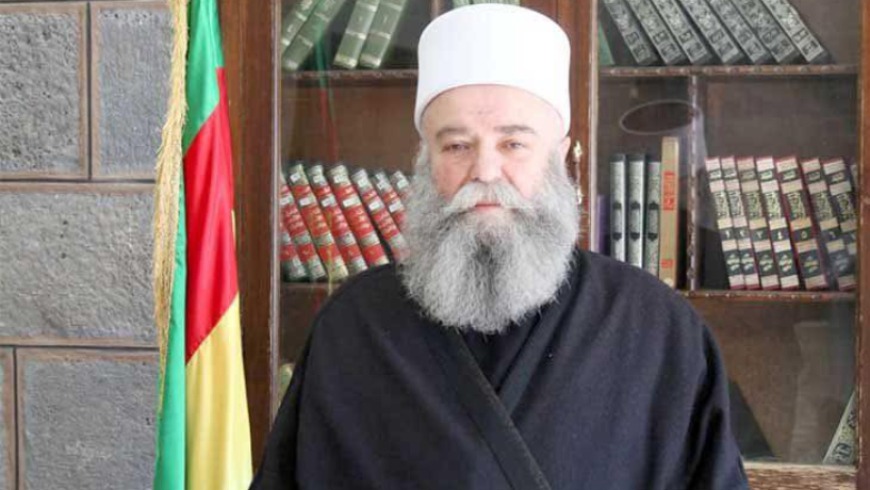The Druze Sheikhs in Sweida Unite Against the Syrian Government and Demand an International Investigation Committee

The Druze Sheikhs in the Sweida Governorate issued separate but similar statements, calling for the formation of a neutral international investigation committee to uncover the recent acts of violence in the governorate, with a clear condemnation of the Syrian government and accusations of "systematic ethnic cleansing".
In a video statement on Saturday evening, Sheikh Yusuf Jarboua called for "an immediate ceasefire, the release of the abducted, and the opening of humanitarian corridors unconditionally," noting that Sweida has witnessed "painful events where local forces made efforts to protect civilians." He expressed his solidarity with calls for "unity and the rejection of sedition," thanking Sheikh Muwafaq Tarif, the leader of the Druze community in Israel.
For his part, Sheikh Hamoud Al-Hanawi attacked the Syrian government in a similar statement, saying: "There is no covenant or pact between Sweida and an authority that sold the homeland and stabbed its people," describing it as "a sword hanging over the necks of the innocent." He also demanded the lifting of the siege and the opening of humanitarian passages, considering that "the battle has become a battle for existence."
Sheikh Hikmat Al-Hajri, who is more hardline against Damascus, described the events in a video recording on August 9 as "systematic extermination carried out in cold blood," holding the government responsible for the "suffocating siege that cut off electricity, water, and food." He denounced the "world's indifference to what is happening," praising the stance of the United States and Israel, which stated that its military intervention against government forces was "protection for the Druze."
Sweida had witnessed an escalation of violence in mid-July, resulting in more than 1,013 deaths according to the "Syrian Network for Human Rights," amid clashes involving local factions, government forces, and tribal groups, with Israeli intervention against the Syrian army.
While aid convoys entered the governorate, including 20 trucks from the King Salman Relief Center and 29 UN convoys, Al-Hajri warned against "using starvation as a method of war," calling on the Security Council for "urgent action and the prosecution of those involved before the International Criminal Court."
Al-Hajri is considered to have the most severe stance against Damascus, while Al-Hanawi and Jarboua have shifted from a "moderate position" to a hardline rhetoric, accusing the government of "betrayal and covering up the crimes of the Tatars," referring to the militias loyal to it.